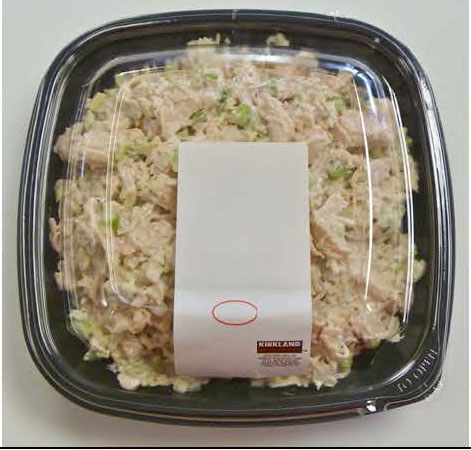WASHINGTON, 2017-Feb-23 — /EPR Retail News/ — Three Ready Pac Foods Inc. establishments, located in Swedesboro, N.J., in Jackson, Ga., and the headquarters establishment in Irwindale, Calif., are recalling approximately 59,225 pounds of one variety of chicken salad product that may be adulterated with Listeria monocytogenes, the U.S. Department of Agriculture’s Food Safety and Inspection…

